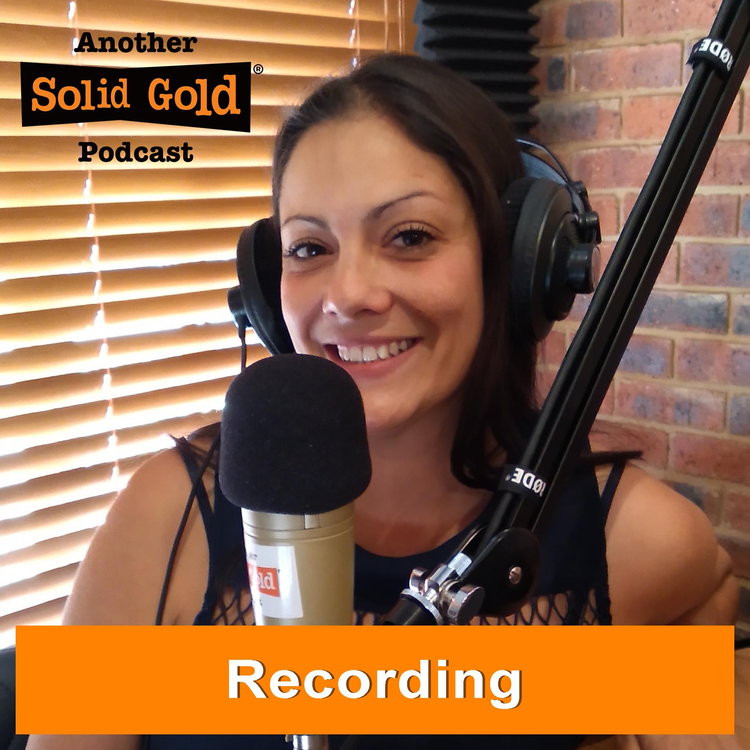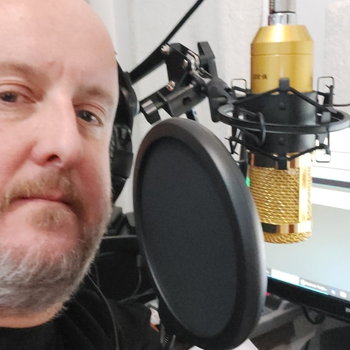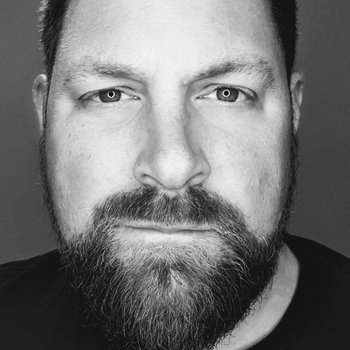
#07 Recording
Loading player...
During a recording, silence is better than uuumms, eerrrss and aaahss. Often when people think of what next to say next, they start a sentence with um or aah, and then say their piece. Rather breathe, pause, and concentrate on saying the first word of each sentence without a throw-away sound. Take your time before starting a sentence. During editing, silence is easier to remove that trying to remove noises that don’t add any value and may contribute to you sounding less knowledgeable than you really are.
Always be very clear about the core message you are here to deliver.
Stay on topic and, if necessary, repeat your main point.
Sometimes you can use part of the host’s questions as an invitation to deliver your main message. We’re not going to go into this right now, and you should be cautious about doing this. For now, remember that if you go astray, come back to your main point. If you decide to join us on our Podcast Guest Master Class we’ll spend more time on this very useful skill.
If you need to cough, sneeze, or remove a “frog”, ask the host to stop for a moment until you are once again ready to record. Do not clear your throat while recording. Rather stop the recording until you are ready to continue. Don’t be afraid to talk to the host at any time that suits you. Our podcasts are not live and will always be edited so you can stop at any stage to maybe think about an answer to a particular question, or even if you need a break.
Avoid repetition. And avoid using clichés. They tend to patronise or annoy people, or worse, create an impression of laziness and lack of careful thought on your behalf. Common clichés to look out for and avoid include:
Only time will tell
As old as the hills
A diamond in the rough
What goes around comes around
At the end of the day
In terms of
Stakeholders
Low hanging fruit
Obviously
Of course; and
When all is said and done
Listen to yourself over the coming days and see if you can spot any that you may use without having
Always be very clear about the core message you are here to deliver.
Stay on topic and, if necessary, repeat your main point.
Sometimes you can use part of the host’s questions as an invitation to deliver your main message. We’re not going to go into this right now, and you should be cautious about doing this. For now, remember that if you go astray, come back to your main point. If you decide to join us on our Podcast Guest Master Class we’ll spend more time on this very useful skill.
If you need to cough, sneeze, or remove a “frog”, ask the host to stop for a moment until you are once again ready to record. Do not clear your throat while recording. Rather stop the recording until you are ready to continue. Don’t be afraid to talk to the host at any time that suits you. Our podcasts are not live and will always be edited so you can stop at any stage to maybe think about an answer to a particular question, or even if you need a break.
Avoid repetition. And avoid using clichés. They tend to patronise or annoy people, or worse, create an impression of laziness and lack of careful thought on your behalf. Common clichés to look out for and avoid include:
Only time will tell
As old as the hills
A diamond in the rough
What goes around comes around
At the end of the day
In terms of
Stakeholders
Low hanging fruit
Obviously
Of course; and
When all is said and done
Listen to yourself over the coming days and see if you can spot any that you may use without having





